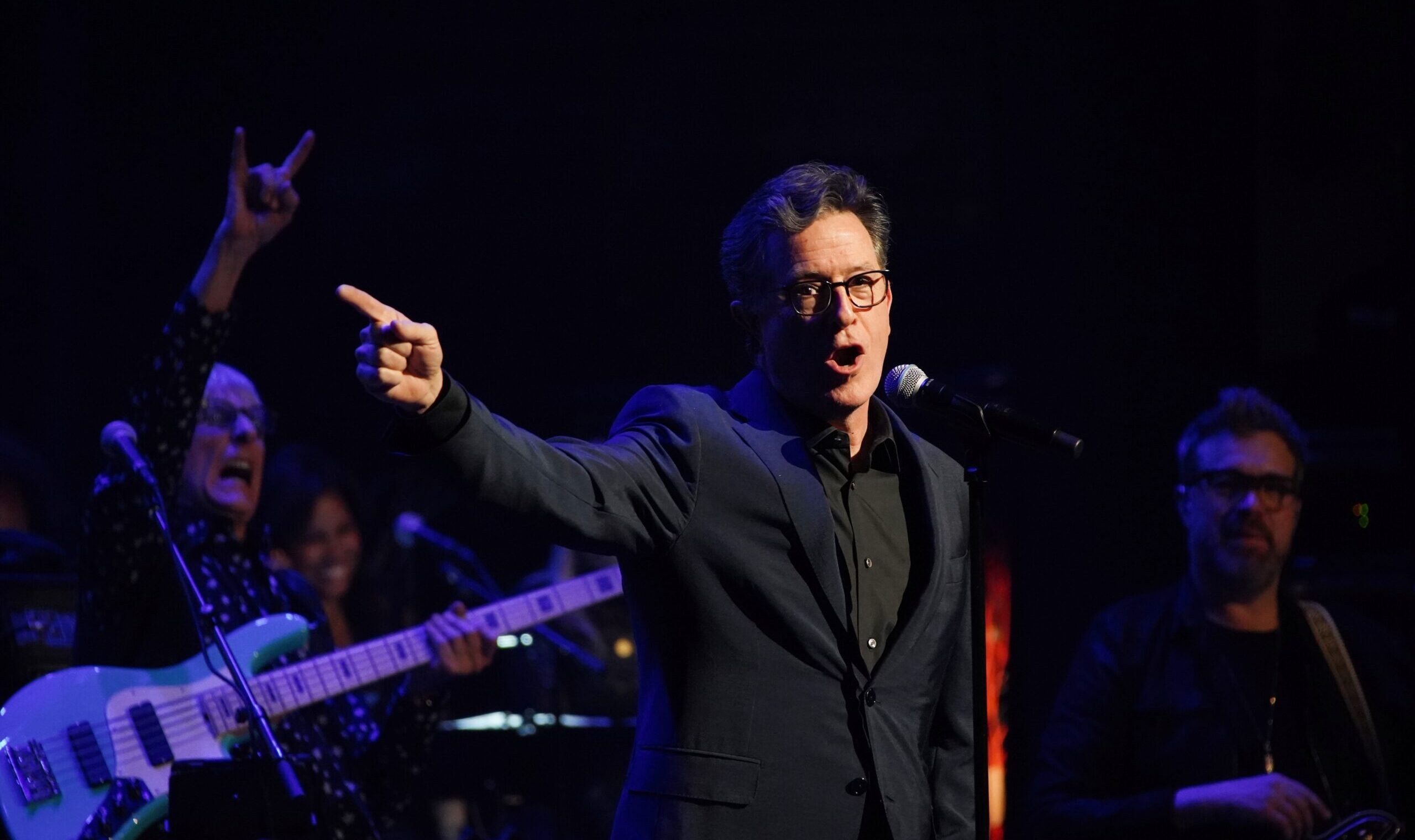Before there was a search for the liberal Joe Rogan, there were questions about why there was no liberal Rush Limbaugh.
In between his comedy and political careers, Al Franken had a reasonably successful liberal radio talk show, augmented by books like Lies: And the Lying Liars Who Tell Them: A Fair and Balanced Look at the Right, which, whatever you thought of them on the merits, were definitely a liberal answer to Limbaugh’s The Way Things Ought to Be and See, I Told You So.
But generally speaking, liberal talk radio tanked. Air America, which included Franken, folded in under six years. Al Gore’s Current TV, which was a bit more diverse in its offerings than Air America and was aimed at the youths of the day, lasted a little over eight years before being acquired by Al Jazeera.
Liberals generally liked to flatter themselves that they had higher-brow tastes than their conservative counterparts, which is why they didn’t need to spread their politics on the AM dial in between commercials for Ovaltine and powders that alleviate “male itch.” (Don’t ever confuse the two.)
Conservative talk radio grew out of the Reagan-era demolition of the Fairness Doctrine, which mandated something approximating “equal time” in political commentary. Both it and Fox News were genuine market responses to a softer liberal dominance of the rest of the news and entertainment world, aided by deregulation, capitalizing on underserved audiences.
But there it turned out there was a market for overtly liberal, lower-to-middle-brow commentary to the left of Dan Rather, and without the patina of objectivity. It just turned out that liberals preferred such commentary to be delivered through the Voice of God (if you’ll pardon the expression!) or with a sense of ironic detachment.
Liberals like to fancy themselves as either dissidents or the establishment. All Things Considered for the straitlaced, comedians for the slightly edgy, The View for barely room-temperature Democratic talking points delivered with little subtlety or nuance and essentially no (intentional) humor.
That’s where Stephen Colbert comes into play. The liberal equivalent of talk radio took over not just a pair of cable news networks, but also invaded late-night television: the one-sided ridicule of politicians based on party, the revolving door of guests from the same political persuasion, the relentless mockery of the political outgroup.
While conservative talk radio took over the risk-averse programming on a lot of stations and filled a gaping hole in the media ecosystem at the time, its liberal equivalent took over a preexisting format that was already in decline because of changing television consumption habits and made it narrower.
The only thing shows like Colbert’s retained from those of previous generations was the ability to attract top-tier guests from the entertainment industry. (Colbert is a capable interviewer when he wants to be.) When Limbaugh had a night TV show to complement his syndicated radio program, he wasn’t going to get Hollywood actors or sitcom stars to join him outside of a small niche. (Yet it is difficult to imagine Limbaugh responding to a personal, professional, or electoral setback with something quite like this.)
Colbert blew even that advantage by having so many Democratic elected officials come on as guests. You might want to listen to Sen. Adam Schiff on a Sunday morning panel show or a cable news hit. He is not the greatest fit for a late-night comedy show; he is not especially witty even by Washington standards.
Subscribe Today
Get daily emails in your inbox
There is a market for what Colbert is selling. Hunter Biden could probably become a star in these circles too. But, regardless of what you think about President Donald Trump’s handling of the Paramount settlement or the company’s proposed merger with Skydance, there is probably a better, less money-losing way to reach that audience than by riding the corpse of David Letterman’s longtime show.
The desire for another progressive amen corner, the decline of appointment television, the rise of “clapter,” and the desire of bored comedians to reinvent themselves as political pundits for Democratic dittoheads conspired to bring down a once-storied television tradition.
Politics, of course, has the potential to ruin everything. If I were a comedian moonlighting as a political talk show host, I might even make a modest suggestion: stop hurting America.
